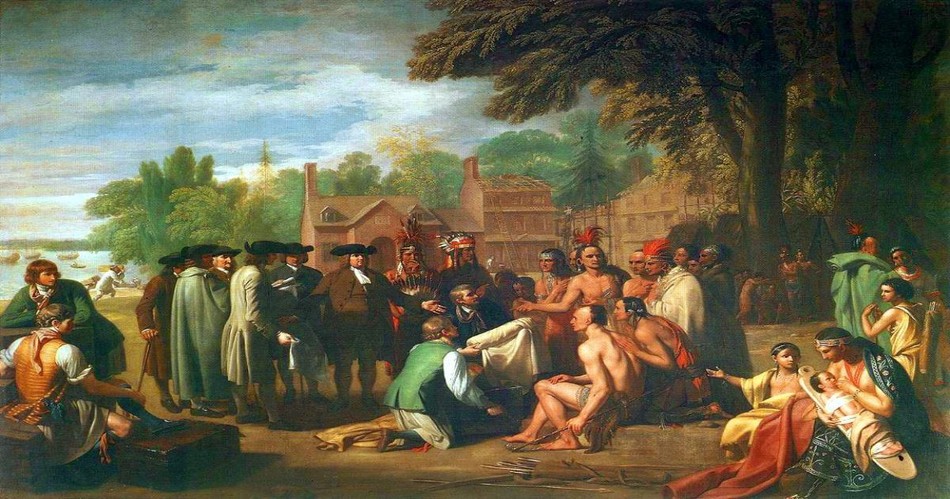The Quaker Movement, also known as the Religious Society of Friends, was established in 17th century England by George Fox. Members of the different Quaker factions are all commonly united in the belief that the presence of God lives in every human being.
Discover 7 things to know about the fascinating history and theology of the Quakers in the list below!
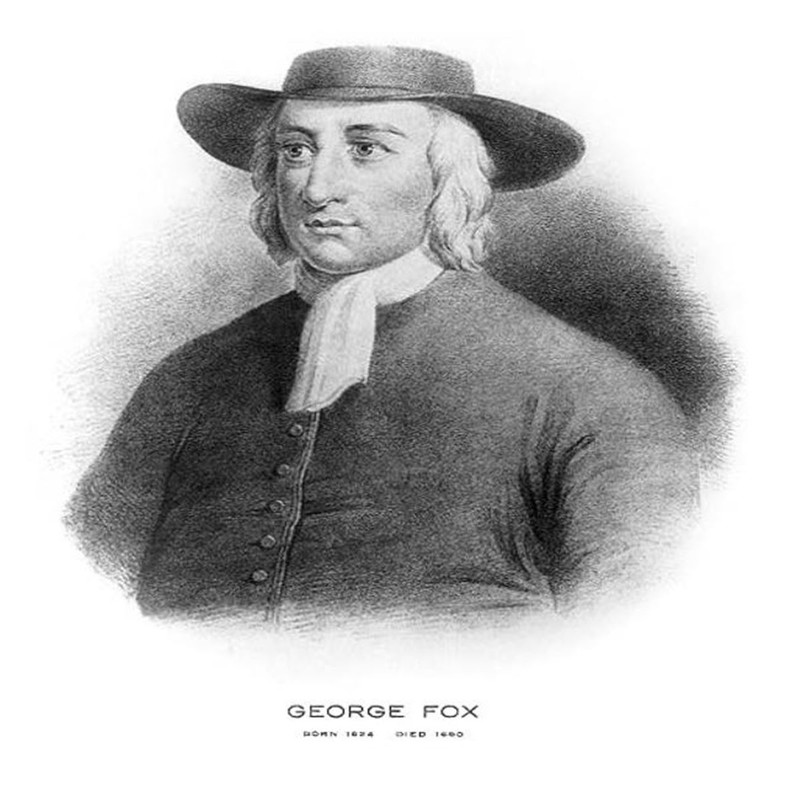
1. Quaker Origins in England
During and after the English Civil War many dissenting Christian societies arose, including the Seekers and others. George Fox was unhappy with the doctrine of both the Church of England and non-conformists. He then experienced a revelation that "there is one, even, Christ Jesus, who can speak to thy condition", and became persuaded that it was viable to have a personal experience of Christ without the help of ordered ministry.
In 1650, Fox was brought before the justices Gervase Bennet and Nathaniel Barton, on a charge of religious heresy. According to Fox, Bennet "was the first that called us Quakers, because I made them tremble at the word of the Lord". Therefore, the name Quaker started as a way of mocking Fox's warning but became generally accepted and used by some Quakers in self-reference.
Quakerism grew a substantial number of supporters in England and Wales, and membership rose to a height of 60,000 in England and Wales by 1680. But most of Protestantism viewed the Quakers as an irreverent challenge to social and political order, commencing to formal persecution in England and Wales under the Quaker Act 1662 and the Conventicle Act 1664. This oppression led to the Quaker migration to America.
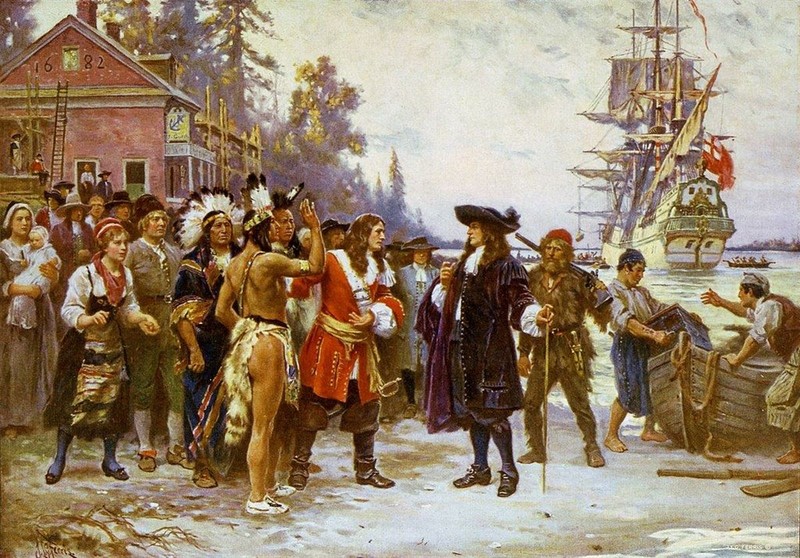
2. Quaker Migration to America
The Quakers would not escape persecution in the New World. The oppression of Quakers in North America started in 1656 when missionaries Mary Fisher and Ann Austin started preaching in Boston. They were deemed heretics because of their emphasis on personal submission to the Inner Light. They were jailed and exiled by the Massachusetts Bay Colony.
In 1660, English Quaker Mary Dyer was killed on the Boston Common for frequently defying a Puritan rule forbidding Quakers from the colony. She was one of the four hung Quakers known as the Boston martyrs. In 1661, King Charles II prohibited Massachusetts from killing anyone for practicing Quakerism.
Some Friends migrated to the Northeastern region of the United States in the early 1680s in quest of economic opportunities and a more receptive setting in which to establish communities of "holy conversation". They were able to build flourishing areas in the Delaware Valley, although they continued to endure oppression in some regions, such as New England. The three colonies that permitted Quakers at this time were West Jersey, Rhode Island, and Pennsylvania.
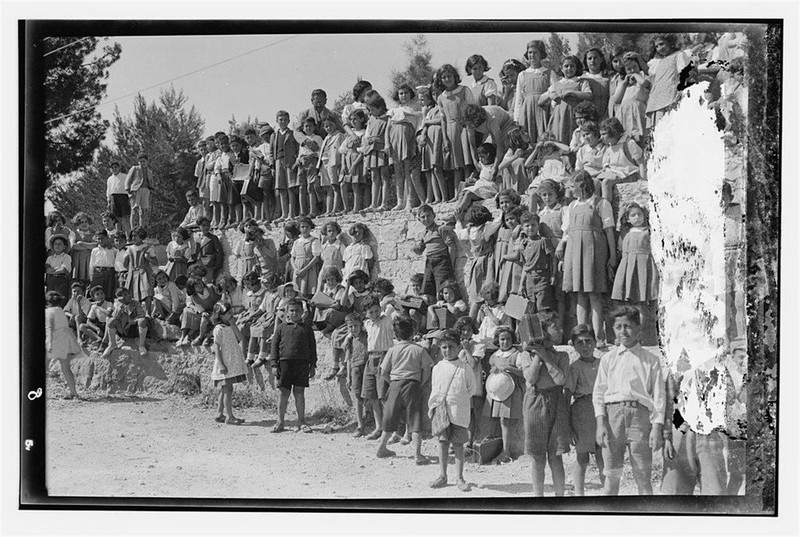
3. Quaker Missionaries
Quaker Missionary activity over the centuries has had three focuses – (1) spreading the Quaker message to non-Friends (2) visiting and strengthening existing Friends, and (3) service with education, health, etc. in relation to Friends’ missions. These focuses have often been mixed, with differing concentrations at various times and places, but all three continue to the present day.
In the early 19th Century, a fresh evangelical zeal took hold across many Christian denominations, including Quakers. Additionally, global communications were beginning, so Quakers became more conscious of areas past Europe and North America. These two factors drove Quakers (and many other denominations) to re-enter the mission realm. All three Missionary focuses utilized - Friends traveled with their Bibles to new lands, growing their Quaker faith, traveling ministers commonly visited new and well-established meetings, and schools were set up at numerous missions. Missionary destinations included Australia, Russia, South Africa, Mexico, and Jamaica.
By the start of the 20th Century, a vast group of North American meetings had established their own mission organization, the American Friends Board of Foreign Missions (AFBFM). They supported current missions and generated new ones - Cuba in 1900, Kenya in 1902, Bolivia in 1919, and Burundi in 1930.
Pictured above is the Ramallah Quaker Mission School, photographed in 1937
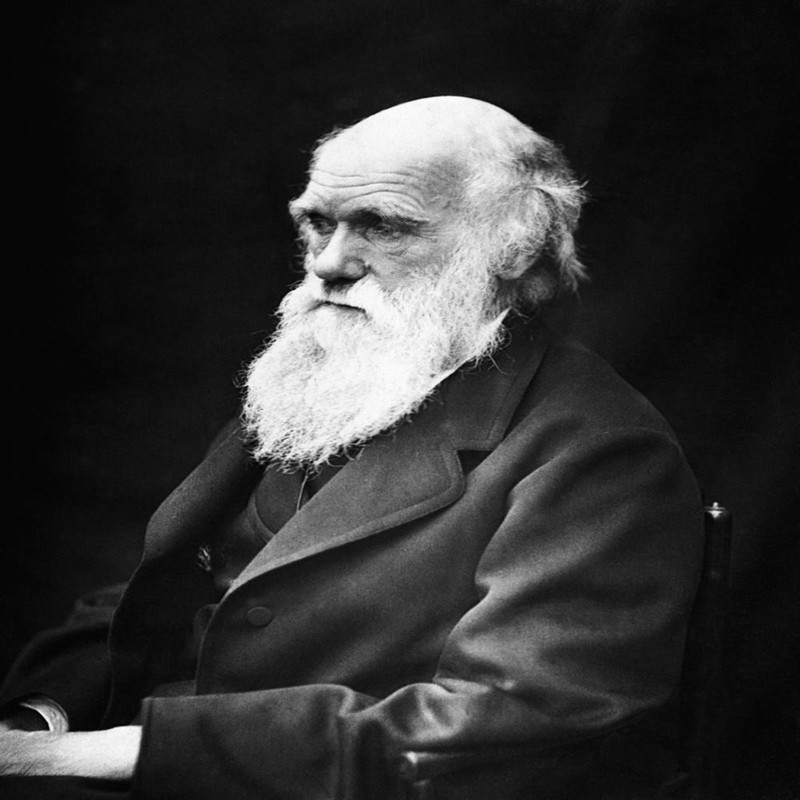
4. Quaker Reactions to the Theory of Evolution
In 1859, Charles Darwin published “On the Origin of Species” describing his theory of evolution. His theory was disputed by many Quakers in the 19th century, especially by older evangelical Quakers who controlled the Religious Society of Friends in Great Britain. These Quaker leaders were skeptical of Darwin's theory and believed that natural selection needed to be completed by another means. For instance, prominent British Quaker scientist Edward Newman said the theory was "not compatible with our notions of creation as delivered from the hands of a Creator".
However, some younger Quakers, such as John Wilhelm Rowntree and Edward Grubb, defended Darwin's theories, embracing a doctrine of progressive revelation with evolutionary beliefs. In the United States, Joseph Moore taught the theory of evolution at the Quaker Earlham College and was presumably one of the earliest professors in the Midwest to do so.
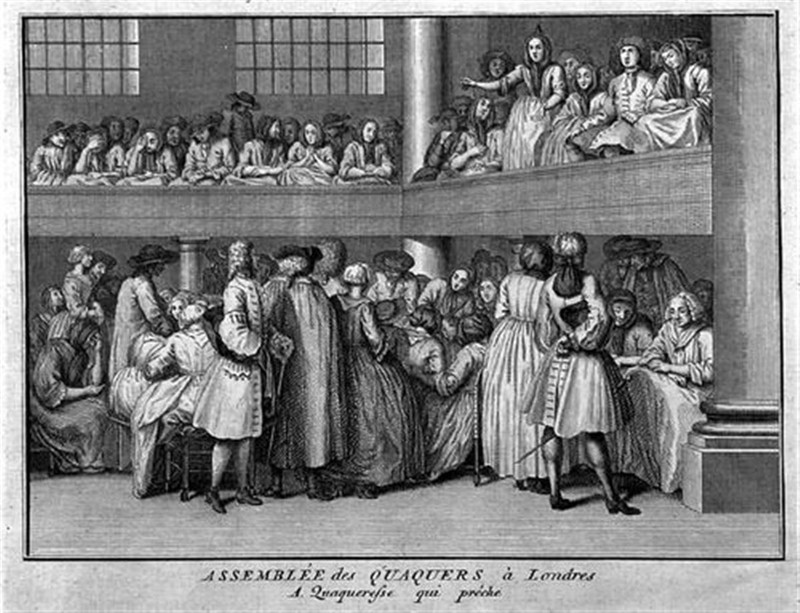
5. Role of Women as Quakers
In the mid 17th century, special Quaker women foretold and preached publicly, emerging charismatic personas and growing the Quakerism movement. This work was supported by the movement's strong notion of spiritual equality for men and women. Moreover, Quakerism originally was launched by the nonconformist behaviors of its followers, notably women who detracted from social norms. By the 1660s, the development of the movement produced a more structured situation, which led to separate women's gatherings. Through these gatherings, women supervised family and community life, including marriage. From the start, Quaker women, most reputably Margaret Fell, played an influential role in establishing Quakerism.
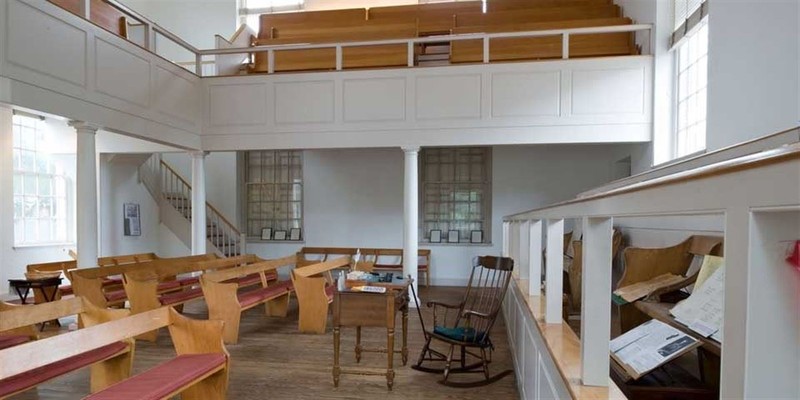
6. Quaker Worship
Today, there are more than 300,000 Quakers throughout the world, by some measures, with the largest percentage in Africa.
There are two distinct categories of Quaker worship. Some have “programmed” worship services that are led by pastors, while others partake in “unprogrammed” worship, which is practiced in silence (though speaking is permitted if inspired) without the direction of a pastor.
Unprogrammed Friends refer to their gatherings as “meetings,” while programmed Quakers use the phrase meeting as well as “church” to refer to their congregations. Many, but not all, Quakers regard themselves Christians.
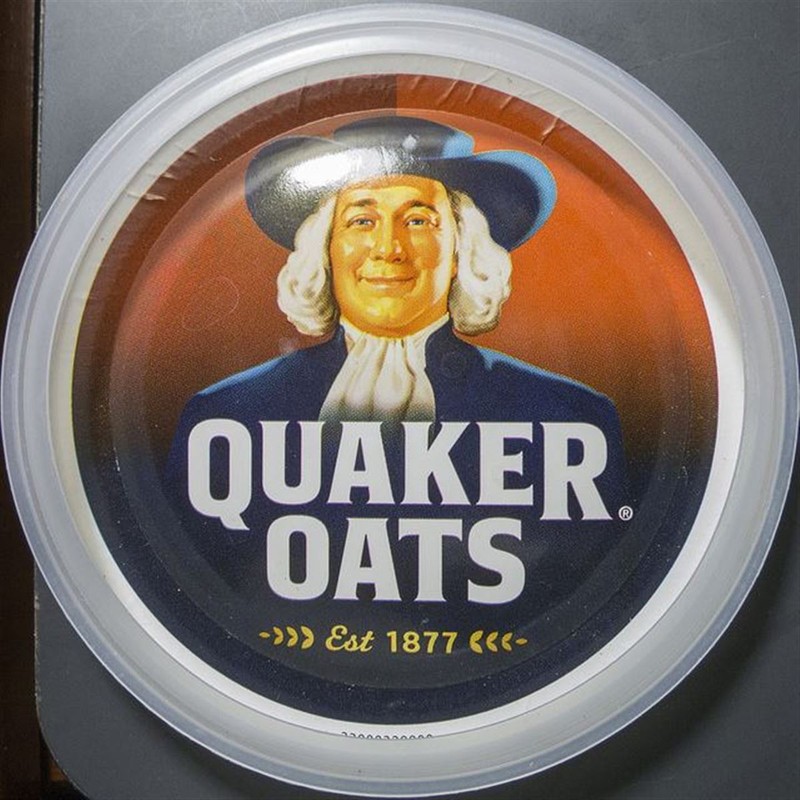
7. Notable Quakers
George Fox - An English Dissenter, who was a founder of the Religious Society of Friends, generally known as the Quakers.
William Penn - An English aristocrat, writer, early Quaker, and founder of the North American territory the Province of Pennsylvania. He was an early advocate of democracy and religious freedom, famous for his good relations and prosperous negotiations with the Lenape Native Americans. Under his administration, the city of Philadelphia was planned and developed. The Quaker Oats standing "Quaker Man" logo, as pictured above, was identified at one time as William Penn!
So far, two U.S. presidents have been Quakers: Herbert Hoover and Richard M. Nixon.
Other notable Quakers include author James Michener, philanthropist Johns Hopkins and John Cadbury, founder of the chocolate company having his name.
Sources
Quakers | Wikipedia.org
History of Quakerism | History.com
This article is part of our Denomination Series listing historical facts and theological information about different factions within and from the Christian religion. We provide these articles to help you understand the distinctions between denominations including origin, leadership, doctrine, and beliefs. Explore the various characteristics of different denominations from our list below!
Mennonites & Their Beliefs
United Methodist Church: History & Beliefs
Seventh-Day Adventists & Their Beliefs
The Pentecostal Church: History & Beliefs
Lutheran History & Beliefs
